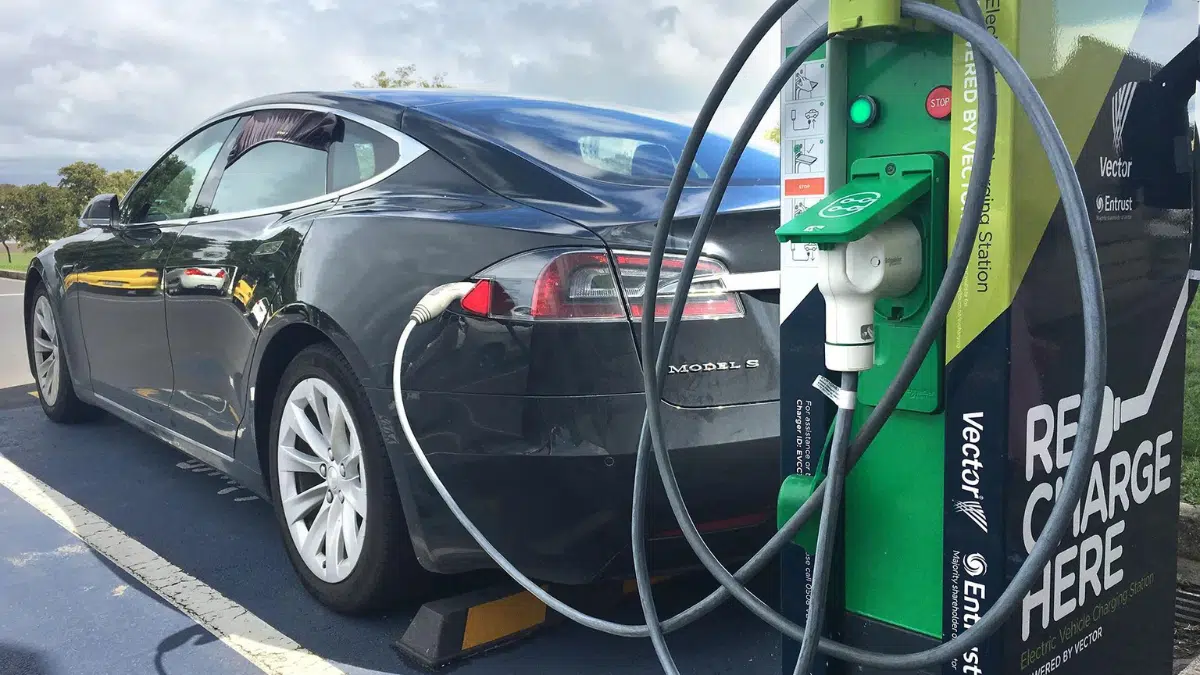By 2027, India should outlaw diesel cars in all cities with a population of one million or more, according to the petroleum ministry’s Energy Transition Advisory Committee’s final report.
The Energy Transition Advisory Panel of the Petroleum Ministry recommended that India ban diesel-powered automobiles in all cities with a million or more residents by 2027 and increase the proportion of grid electricity in the country’s energy mix to 40% by 2035.

The committee suggested forming a group of ministries from the departments in charge of regulating the production of energy, such as those in charge of oil, coal, power, and renewables, as well as a wider committee of secretaries that would also include representatives from the ministries in charge of regulating the consumption of energy.
Energy Transition on Diesel car ban
To transition to environmentally friendly fuel in urban public transportation in around 10 years, the panel, which was presided over by previous oil secretary and advisor to the prime minister Tarun Kapoor, additionally advised against introducing any additional diesel-powered city buses in metropolitan regions.
The Energy Transition suggestion acquires significance given that the transportation sector is responsible for up to 20% of PM 2.5 emissions, a significant air pollutant, according to a September 2022 analysis from the Vehicle Research Association of India (ARAI). Electric cars and trucks will take over from the diesel-powered vehicles that currently dominate intra-city transit, reducing reliance on expensive imported fossil fuels.

The committee suggested forming a group of ministers from the ministries in charge of regulating the production of energy, such as those in charge of oil, coal, power, and renewables, as well as a wider committee of secretaries that would also consist of representatives from the ministries in charge of regulating the consumption of energy. The report stated that “this setup should coordinate the development of the roadmap and aid in its adoption with the stakeholders.”
The report’s completion and submission to the petroleum ministry were overseen by the team under the direction of former ONGC chairperson Subhash Kumar after Kapoor took up the position as the Prime Minister’s advisor last year. Despite our best efforts, the shift will likely be unpleasant and traumatic for individuals caught off guard. But those who plan ahead and are ready would be in a good position to adjust to the changes and take advantage of the new chances, Subhash Kumar told ET.
Panel’s Recommendation
By 2030, there should be zero new electric-only city buses. CNG may continue until 2035, but starting in 2024, no new diesel buses should be added for municipal transportation. Long-distance buses will need to be a hybrid of CNG/LNG and electric with battery swapping.
Long-term focus on switching to EVs with CNG as a transition fuel (up to 10–15 years),” the panel stated. In the near and medium term, hybrid and flex-fuel vehicles might be promoted. This is possible by using financial instruments like taxation. It was an ad. To convert to zero-fuel urban public transport in about ten years, no diesel city buses will be allowed in urban areas.

According to the committee, the percentage of rail freight that is actively electrifying its rails should increase from 23% to 50% in 15 years. Grid power must increase from 18% to 40% of India’s total energy consumption because, according to the report, increased electricity usage will lead to increased use in industrial, transportation, and cooking uses. By 2030, it was noted, 25% of families should be using electricity for cooking.
The panel emphasized continuing the FAME-II program after March 2024. Given the difficulties associated with limited infrastructure for charging and upfront financing for public transportation provided by State Transportation Undertakings (STUs), the plan might include appropriate and graded provisioning for enhancing charging facilities for city buses.













